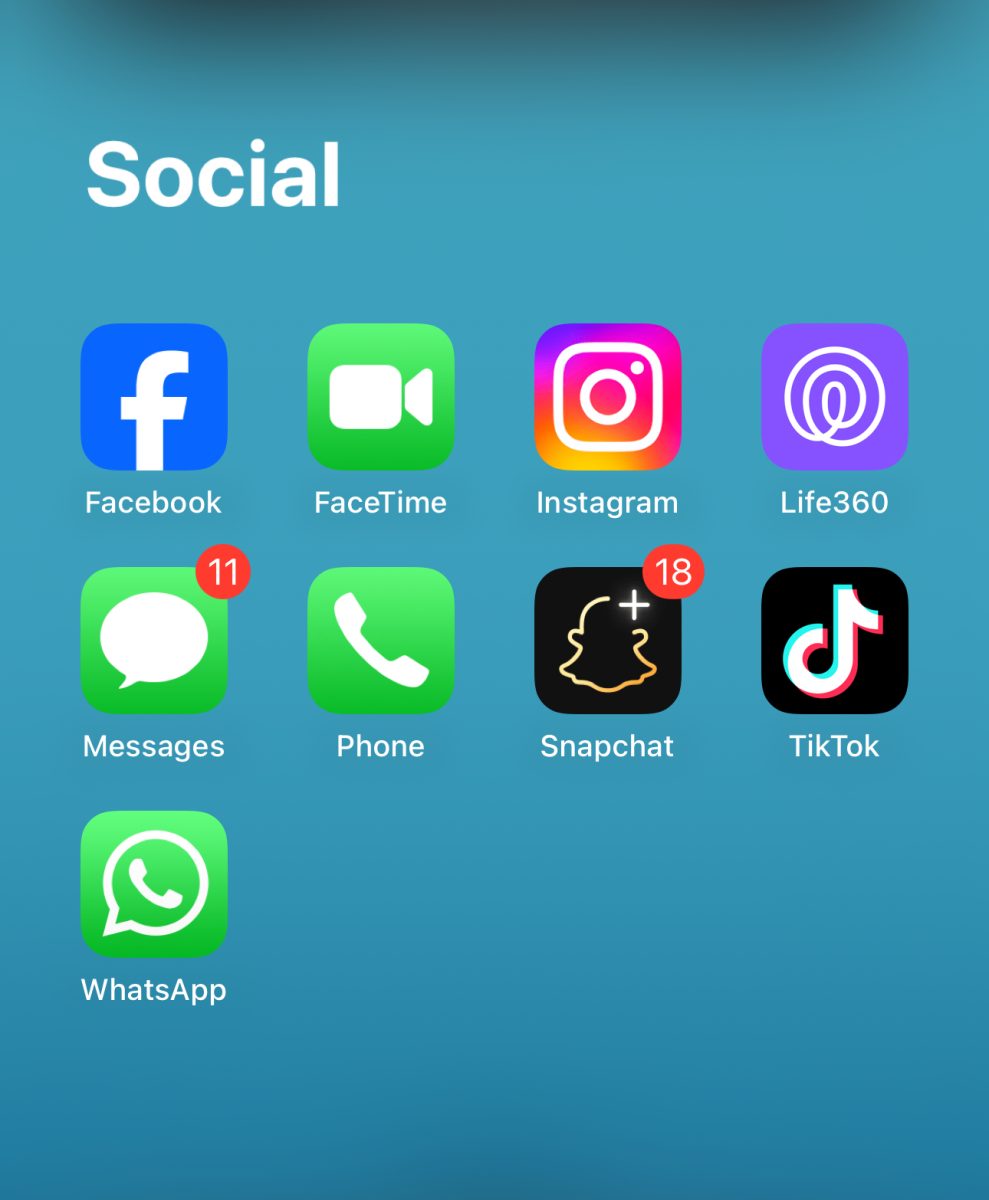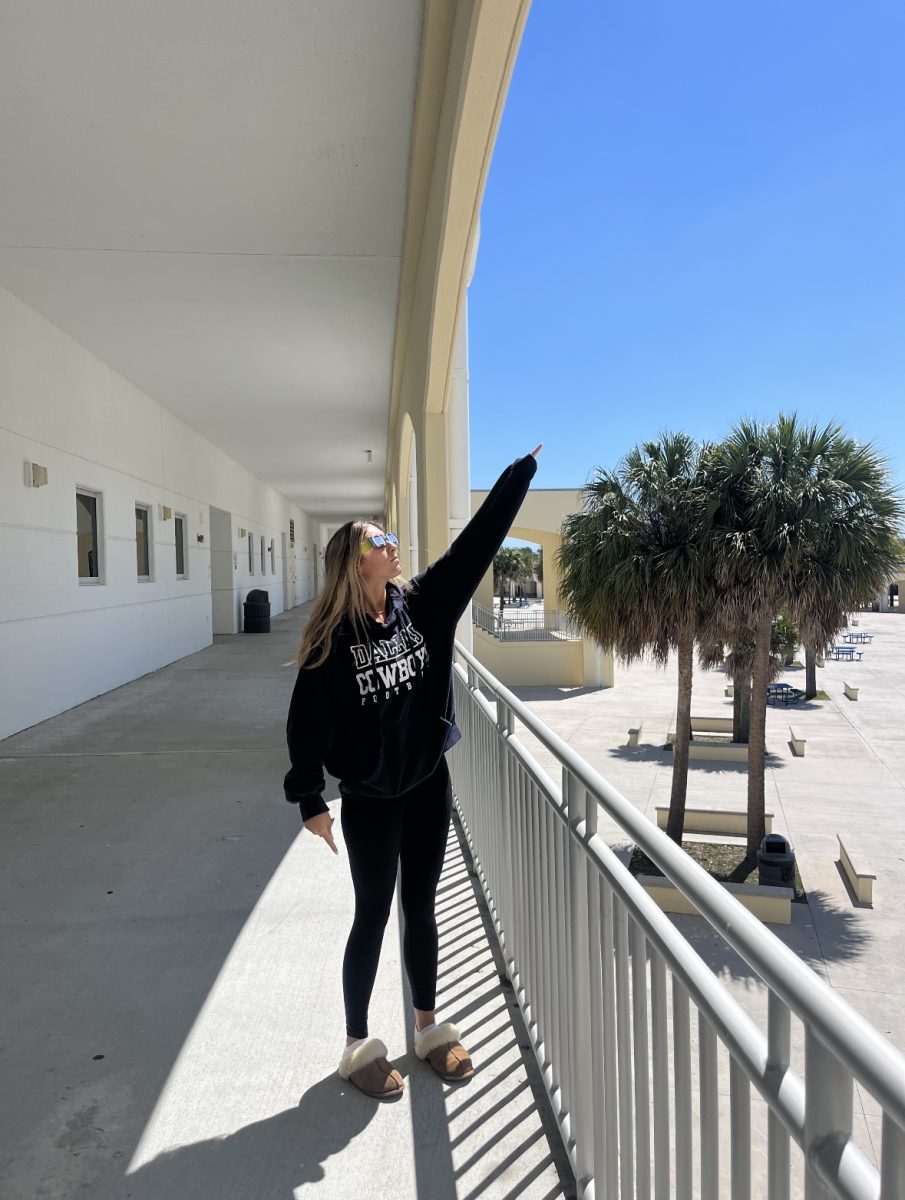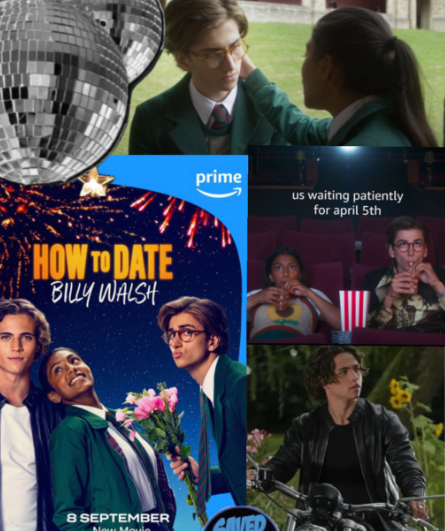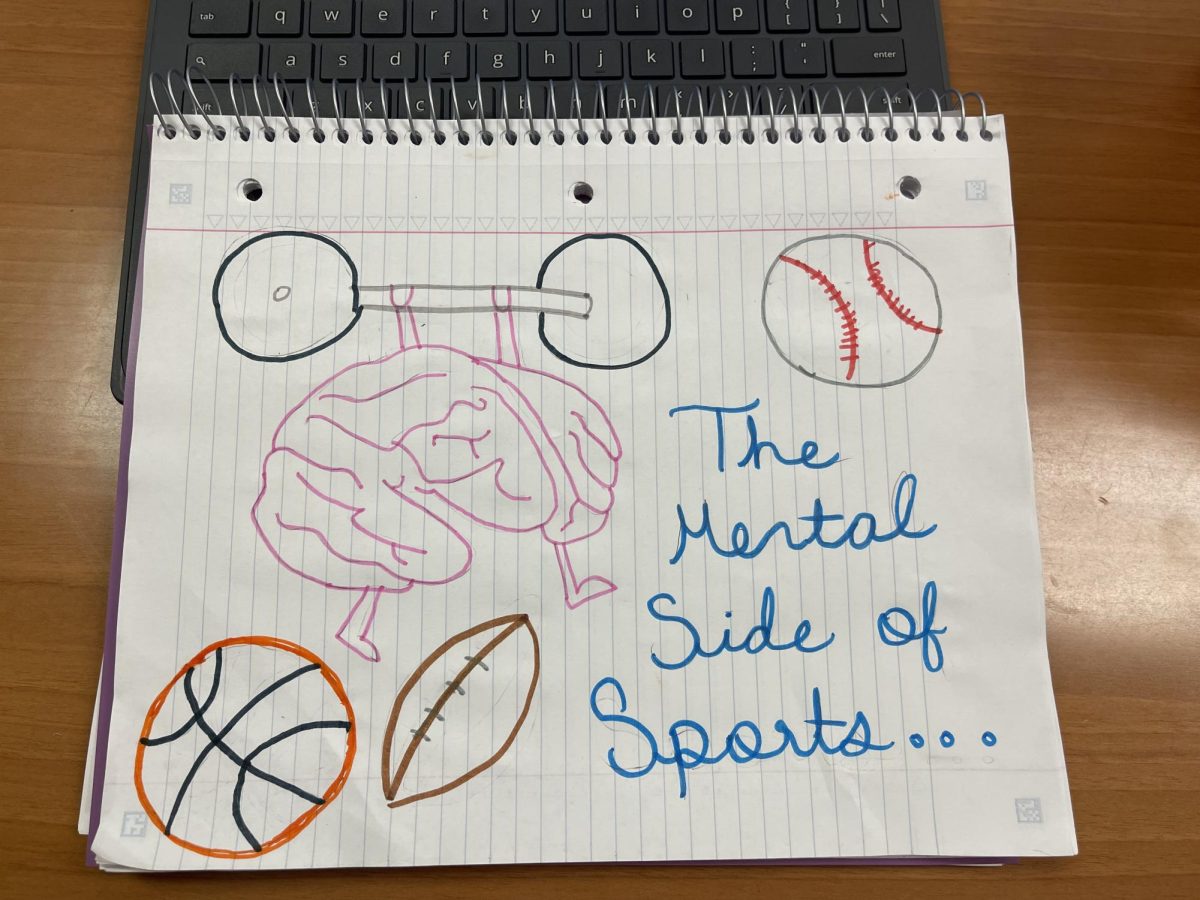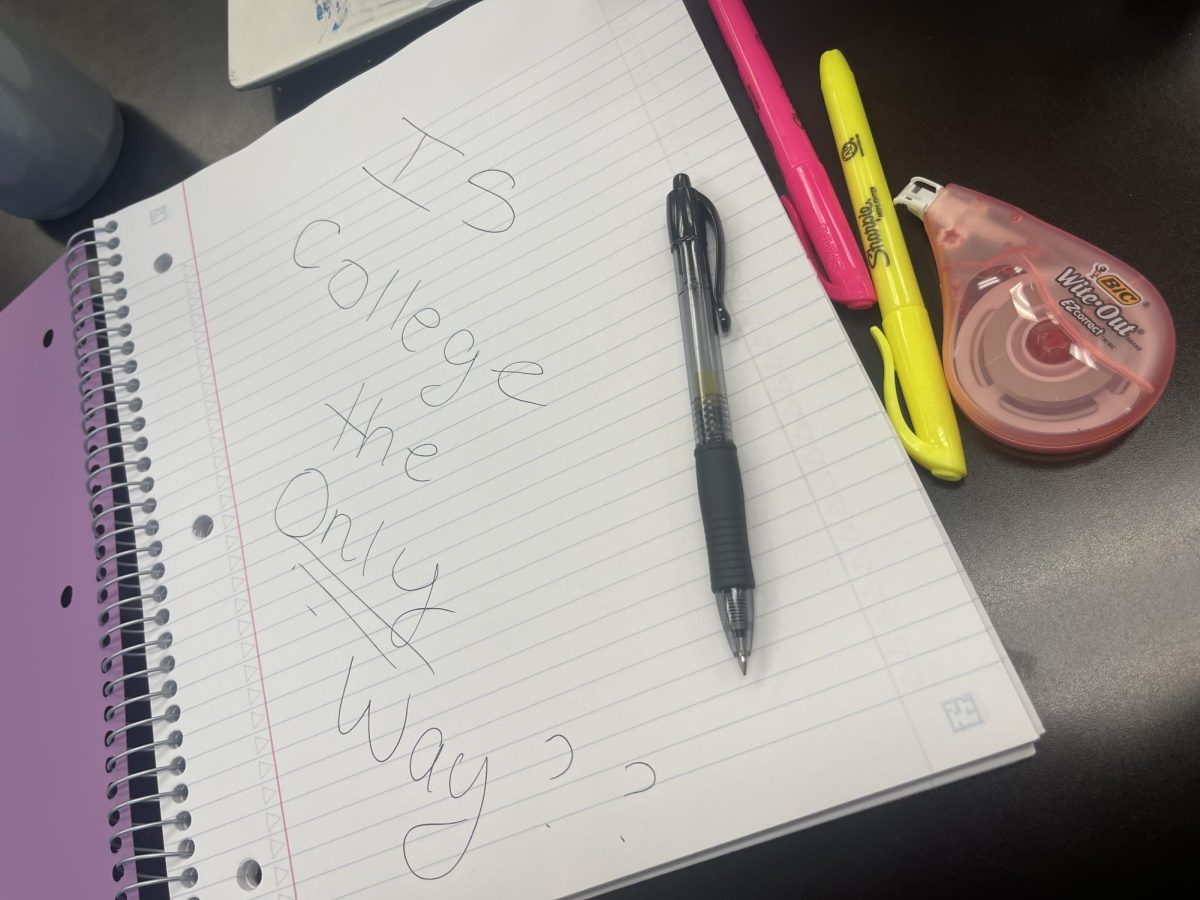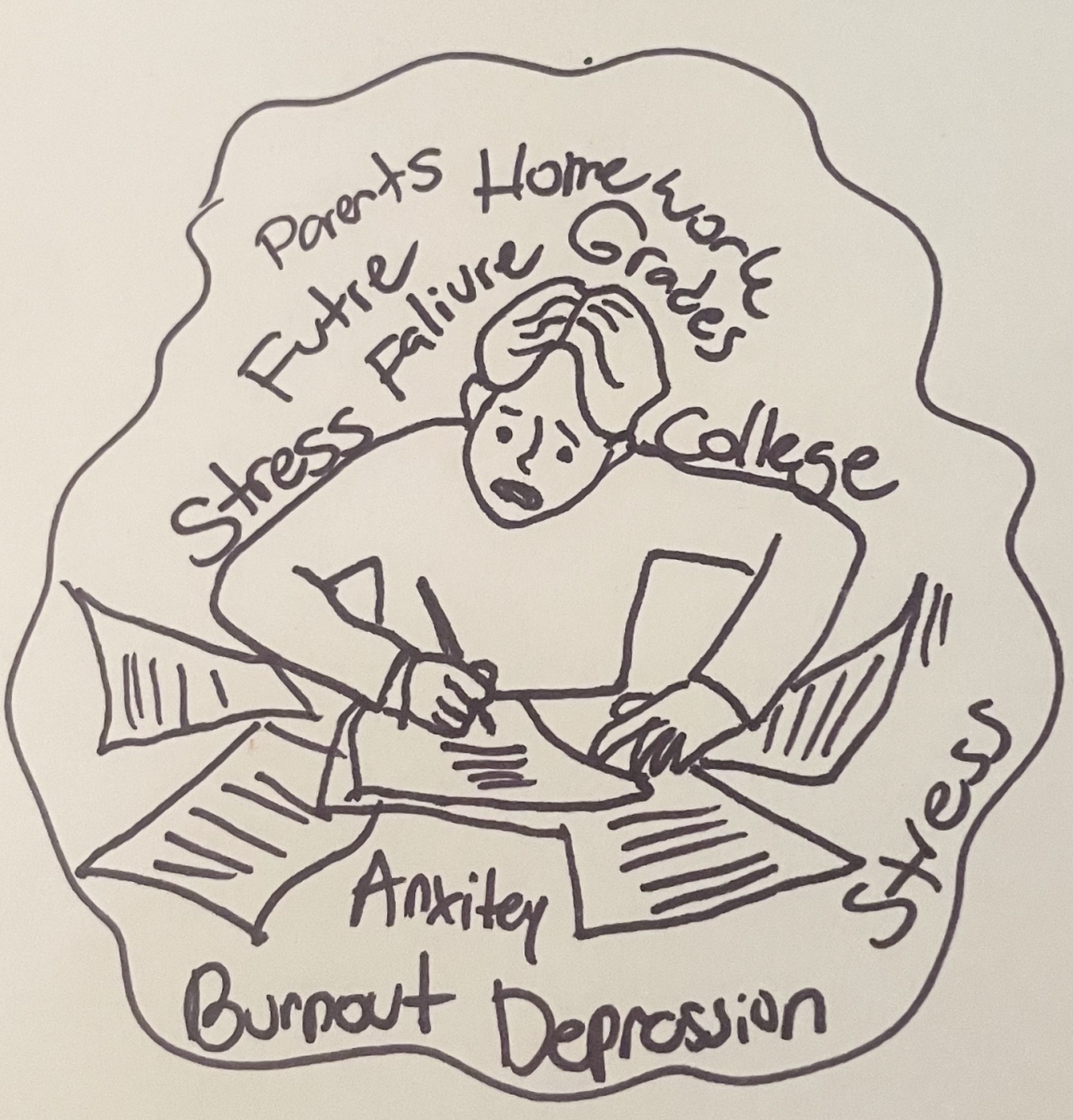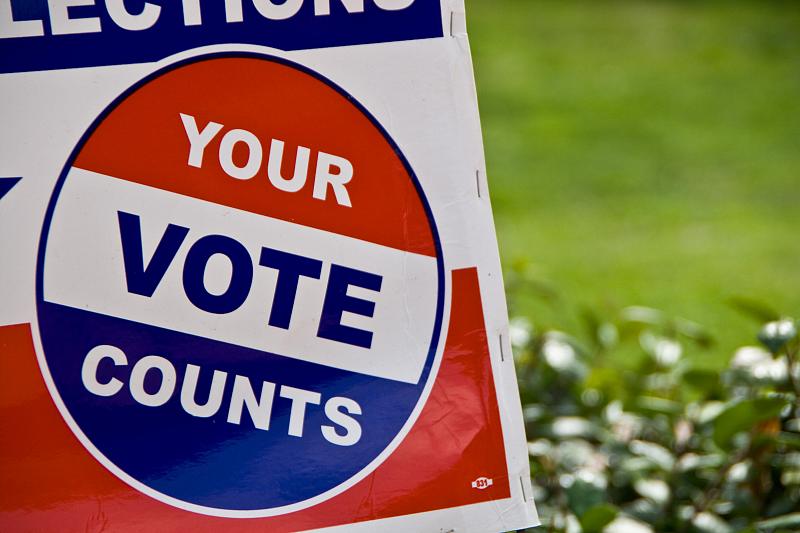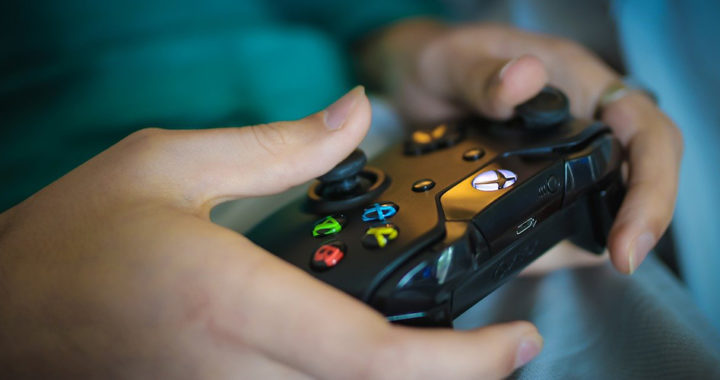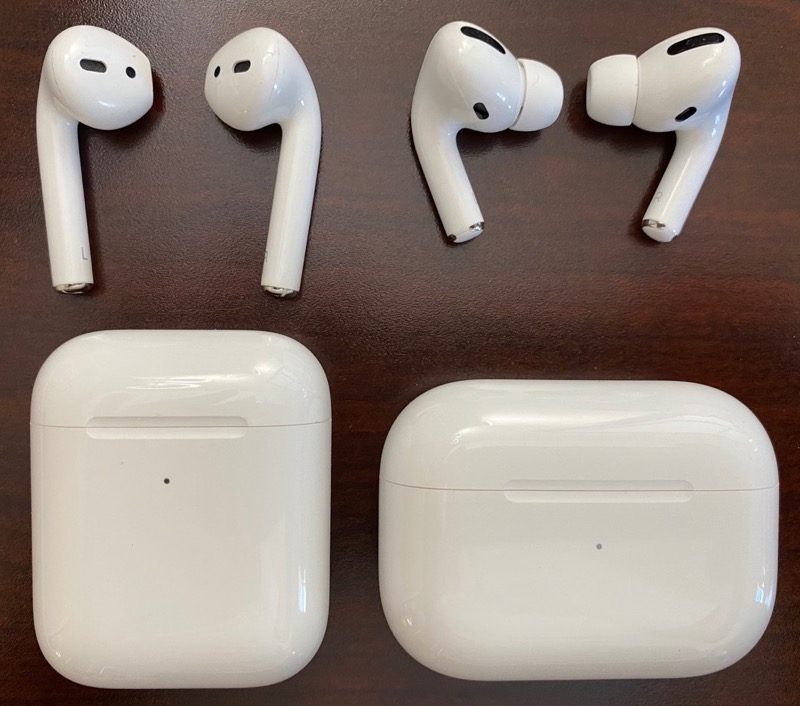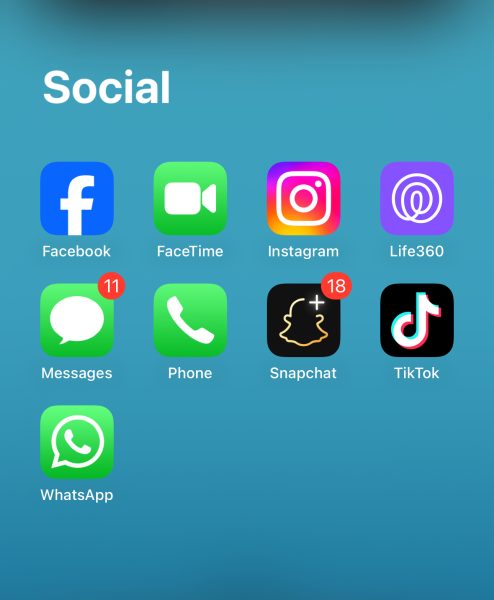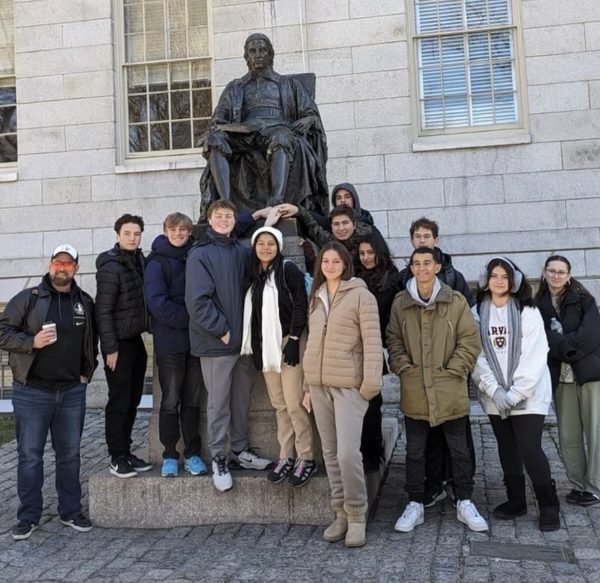Advantages of Anonymity in Social Media
Anonymity and its impact on society is a highly debated issue.
Anonymity was common when Alexander Hamilton, James Madison, and John Jay wrote the Federalist Papers under the collective pseudonym “Publius”, and it continues today as social media users create fake names to hide their true identities.
According to the Pew Research Center, “86% of internet users have taken steps online to remove or mask their digital footprints.” The issue over whether anonymity causes more detriment than benefit always leads to the Constitution, under which the Supreme Court held “The freedom to publish anonymously is protected by the First Amendment.”
Anonymity, as shown by the Federalist Papers and the Supreme Court’s decision in McIntyre v. Ohio Elections Comm’n, was upheld throughout the generations of the United States. It is a foundational aspect the government and people favor that has reason to stay.
Technology is a tool, and it has a worldwide impact. The widespread use of technology places it in many hands, and within it, the social interactions on the Internet can affect people, particularly concerning social media. Anonymity, while being heavily debated for its many benefits and drawbacks, is a positive inclusion in social media because of its protective nature and freer, more inclusive atmosphere.
The Sway of U.S. Citizens in Politics and under Anonymity’s Protection
The fate of anonymity within social media affects plenty of people for it to be a concern. Politicians and government officials have the ability to regulate it, but citizens must agree as that gives lawmakers power. Social media, under anybody’s control, can be problematic. If it is possible to track people’s whereabouts and record sensitive data, there is an invasion of privacy, which gives influence to those who can manipulate the knowledge for malicious intent.
Currently, social media surveillance reduces individuals’ control over the details they disclose about their attributes in different social contexts, often to powerful actors such as the state or multinational corporations; people may also treat individuals differently based on that information and share it without their explicit consent, as mentioned in The International Encyclopedia of Digital Communication and Society. When people have an opportunity to seize that kind of power back, however, they take it. Edward Kessler, a leading thinker in interfaith relations, states there is a “challenge to traditional hierarchies” on social media platforms, where “individuals communicate their own interpretations” rather than “the accounts of their leaders.”
While it may not be beneficial for those in charge, citizens are given an opportunity to voice their concerns, and anonymity is important for this to be enabled. If the voters wish for something, they will choose whoever best fits their motive. Historically, this swayed politicians in altering their arguments to better fit the views of the people. The power of voters in politics is substantial, and anonymity helps them voice their thoughts with impunity (for better or worse).
Why is Anonymity Necessary?
Many people fear the backlash of their opinions, as reaffirmed by the statement from the Pew Research Center, “The purging of user anonymity [may lead to an] inclusive online environment and [may allow] governments and dominant institutions to even more freely employ surveillance tools to monitor citizens, suppress free speech and shape social debate.” If the U.S. government wishes to suppress unwanted opinions, eliminating anonymity is the best way to do it. People would be terrified to write about their true opinions and ideas.
On the other hand, this leads to the loss of accountability associated with anonymity, which is a major concern for people. As Kessler mentioned, anonymity can cause “‘disinhibition’, which enables people to post comments that they would not normally [say] in the real ‘face-to-face’ world.”
However, this is not as prevalent a problem as people make it out to be. In the context of online firestorms, results from the peer-reviewed journal PLOS ONE show non-anonymous individuals are more aggressive compared to anonymous individuals.
Anonymity has reason to stay, and that is why it remains a right of the people. U.S. voters have the power to sway the government, and anonymity is necessary for it to continue without limitations on voice and suppression of the First Amendment. There is, after all, reasoning behind the Supreme Court’s decision that the freedom to publish anonymously is under its protection.
Benefits of Anonymity in Social Media
Anonymity is beneficial in social media when used correctly, and there are plenty of people whose existence it aids.
The group Alcoholics Anonymous utilizes anonymity and social media, like Facebook, to support people with a drinking problem. Unidentified people are more likely to reach out to the community for guidance. It relieves the pressure of providing a name and having people know their issues, especially those dearest to them. A large appeal is that it is nonprofessional, self-supporting, multiracial, apolitical, and available almost everywhere. If this group was not anonymous, people would not have received the help they desperately needed.
Minors are also exposed to social media. As the American Academy of Child and Adolescent Psychiatry states, “Surveys show that ninety percent of teens ages 13-17 have used social media,” so it cannot be avoided. Cyberbullying will occur on social media no matter what due to this, whether those who do it are anonymous or not (after all, students’ names and faces are known when done in a school setting or outdoors). However, anonymity is a beneficial cover for many teenagers so as not to get specifically targeted for harassment or cyberbullying; it offers refuge and safety from direct bullying as hidden names make it harder for bullies to get enough information to trouble them. Social media will not be eradicated, but anonymity can help such teenage victims escape. Harassers do not cower in person, and neither will they if they are forced to reveal themselves (they will just find more creative solutions so as to not get caught).
On the other hand, a displeasing interaction with a nameless, gray, and featureless profile is a common experience, which generates preconceived notions and hate revolving the term. As stated by Kessler on the matter, some older faith leaders believe the ‘impersonal’ nature of online communication limits the potential for substantive dialogue, which can lead to such arguments by the anonymous on social media. The real world, of course, is not much better, so this statement may not be too different in comparison.
Online cyberbullying is also prevalent, with forty-seven percent of young people experiencing it, as mentioned by Enough is Enough. However, that does not stem from anonymity, but rather human nature.
People are more likely to be aggressive when non-anonymous, and it is never the tool—it is the user of said tool. And while anonymity may hide the perpetrator, the victim can also use the mask, however cracked it is. Stalking is also prevalent when their location is disclosed, and social media only makes it easier to find a person through IP addresses and geographically tagged photos. “8 percent of women and 2 percent of men in the United States have been stalked at some time in their life,” and these numbers, from the National Institute of Justice, are sure to have increased from 1998 with the ever-rising amount of social media users.
While social media promotes stalking, anonymity helps victims hide. If their identity is not revealed, their harassers cannot discover their location. And because stalkers never outwardly show their actions or true nature, them being non-anonymous would not be useful.
Stolen identities would further complicate situations in the case of an online hate mob. But since saying hateful words is not punishable by law, nothing would stop those people, except social backlash (and if they hack another person’s account, that hate would go to them). Additionally, if someone does something illegal, whether or not they are anonymous, they would be searched for, so being forced to show a name would not have as many benefits as it does negatives.
The “right to anonymity in the USA and elsewhere is in an odd state of paradox and flux,” as said by A. Michael Froomkin in Osaka Law Miami. It has remained until today and has reason to stay, protecting the users of social media under its helpful shadow. One that can be malevolent in the wrong hands, but is undeniably beneficial; eliminating anonymity would only cause harm to those who desperately need it. As Kessler concluded, “it is not the medium itself but the motives of the users that is most important.”
Role of Researchers in Raising Anonymity Benefits
People need anonymity programs to protect themselves, and scientists working with the development of new technologies aid in doing so. For example, minorities and dissident communities face trouble in authoritarian governments maintaining a secure, trustworthy presence on social media.
Computer science and communication researchers from UC Santa Barbara traveled to three countries to go in-depth with this topic, and based on feedback from the communities, “designed an app for the Android operating system that would safeguard group members’ anonymity as well as verify the reliability of posts coming from the group.”
This should be expanded upon to offer additional support to those who need it with programs through social media. What anonymity is currently defined as is not enough for some, and if they are in danger, programs should be made to assist them in their situation.
While anonymity itself is a positive inclusion in social media, it can be spread for it to better do its purpose, which is to create a safer, more inclusive atmosphere.
The advantages of anonymity solve the issues pertaining to it as it offers the protection necessary from people who wish to harm, and as the Internet is difficult to ignore, this shield allows people to browse social media safely. As Kessler stated, “the less personal nature of online communication makes it easier for information to be distorted, [but] there are examples of good practice to promote [dialogue].” In the end, these profitable uses far outweigh the negative.
Interference of the Economy and Money
Personal data can still be exploited, even with anonymity’s presence in the social media world. While it may not be a life-threatening danger, it can evolve with time and grow in power. The well-known, yet understated fact is: companies collect customer data.
Nathan Newman, who has been writing for twenty years about the impact of technology on society, has multiple pieces of information on the matter. Companies collecting data brings in revenue, which is how Facebook generated (between 2009 and 2011) 2.1 trillion with monetizable content, and it has implications for the future of privacy. In the Federal Trade Commission, Newman stated, “Analyst Michael Fertik, CEO of the company Reputation.com…estimates that data can be worth in the thousands of dollars each year to all the data platforms a consumer may use.” Additionally, when Apple and iTunes disagreed over the terms of subscription, it was revealed that iTunes was willing to pay 30% of the subscription price to Apple, yet would not allow them to retain control over data on users.
The issue overlaps with other sites that store information on users, like social media. Customer data is valued, and it is purchased from companies to better target their advertisements and whatever else they strive to accomplish. Users do not have control over it; if they wish to utilize the services a company offers, they must agree to the terms and conditions without realizing their information’s true worth.
If the privacy of data is bypassed through such methods, names could be as well, which would limit the peoples’ control on anonymity. It is already a controversial subject concerning user data, especially as it is mandatory to have access to the majority of sites on social media.
Consumers would benefit from anonymity and more control over their information on social media, as even if they wish to show their data, they can do so on their own terms, particularly considering the safety concerns of nonexistent anonymity. Though this is doubtful to occur, if awareness in the user sphere increases, they can better understand how their data is used and if they want to continue allowing it. The preservation of anonymity would provide users with greater control and protection—and as the selling of personal information becomes more common with companies storing it, it may place people at risk in the future.
The Advantages of Anonymity Outweigh Concerns
Anonymity, while being a positive inclusion in social media, will always be heavily debated. As a limitation, there are numerous trolls and users that wish to cause harm to others. There is not much anybody can do about them as long as anonymity is installed, and even then, it is difficult to monitor considering how social media can be accessed from anywhere.
However, destructive behavior is not because of anonymity; it is only normal, whether it be in real life or on social media. As anonymity is beneficial to social media, it is implied that it will last.
Even as more debates stem from the topic, and arguments are instigated, it will have a place under the protection of the First Amendment. It was sustained by the judging of the Supreme Court and will of the people throughout history, so anonymity will remain with the citizens of the United States, whether it be through social media or other forms of publications.
Your donation will support the student journalists of West Boca Raton Community High School. Your contribution will allow us to purchase equipment and cover our annual website hosting costs.

Hello! My name is Natasha Kuneff, and I am a senior at West Boca. This is my third year in the Bullseye Newspaper, so writing has been a large part of...

